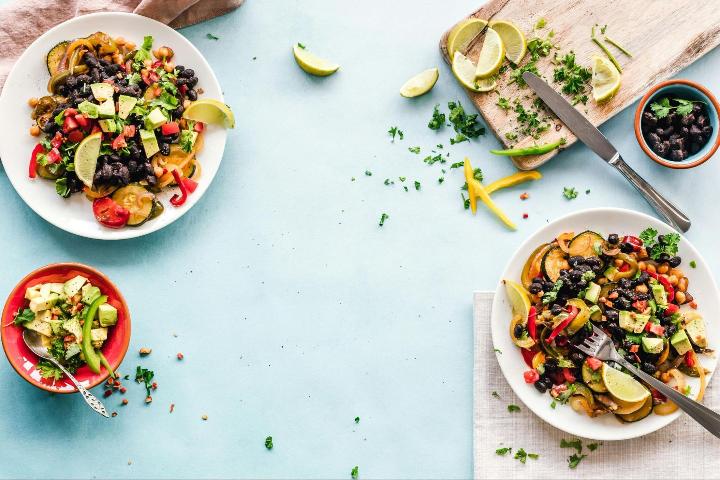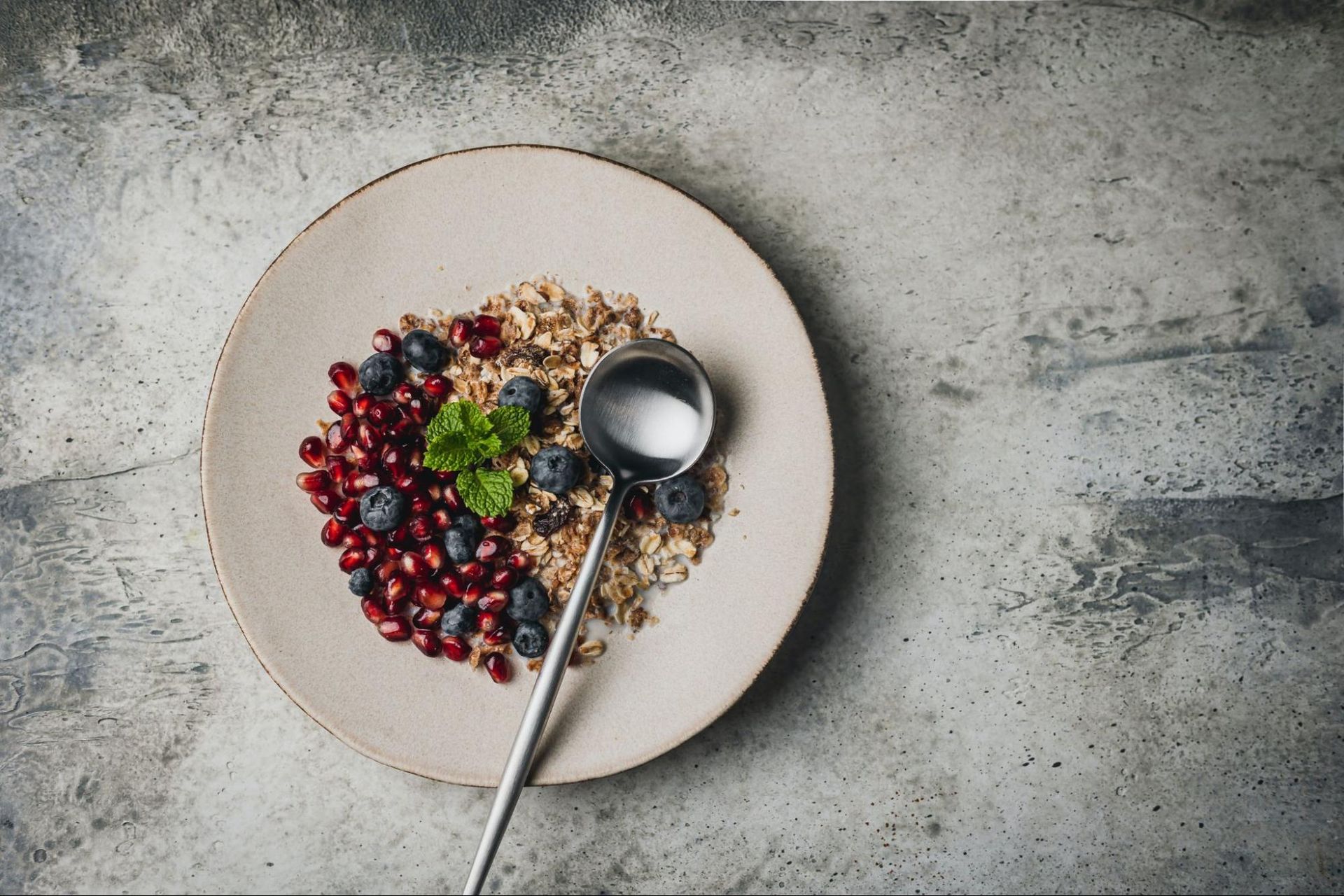Timing of Pre-Workout Meals and Snacks

Eating the right foods at the right time before exercise is crucial for optimal performance and energy. Properly fueling your body before working out provides the nutrients needed to power through training sessions and prevent fatigue. This comprehensive article dives deep into guidance on optimal timing and food choices for pre-workout nutrition.
Key Takeaways
Eat a balanced meal containing carbs, protein, and some fat 2-3 hours before longer or high-intensity workouts. This maximizes energy stores.
Have a light snack or small meal focused on carbs and some protein for 1-2 hours before moderate exercise. This provides time for digestion.
Opt for a small carb-focused snack like a banana or energy bar 30-60 minutes before any workout. This gives a quick energy boost right before starting.
In the 15 minutes right before exercise, choose super fast-digesting carbs like fruit or juice. Avoid fat, fiber, or protein at this time.
Stay hydrated before, during, and after exercise by drinking adequate fluids.
Optimal Timing Based on Workout Intensity and Duration
The timing of when you should eat depends on the intensity and duration of your upcoming workout.
Lower Intensity or Shorter Duration (<60 minutes):30-60 minutes before: Have a small carb-focused snack like a banana, energy bar, or pre-workout drink.
Within 15 minutes: Opt for easily digested carbs like fruit juice or sports drinks.
Moderate Intensity or Duration (60-90 minutes):1-2 hours before: Eat a light meal or snack containing carbs, some protein, and minimal fat. Yogurt with granola or a nutrition bar works well.
30 minutes before: Have a small carb snack like an energy gel, banana, or pre-workout drink.
High Intensity or Long Duration (90+ minutes):2-3 hours before: Eat a full, balanced meal with carbs, lean protein, and healthy fats. Oatmeal with eggs, avocado toast, or a sandwich are good options.
30-60 minutes before: Have a carb-focused snack like an energy bar, banana, or sports drink.
Food Choices and Nutrients for Pre-Workout

Choosing the proper nutrients and foods before exercise ensures your body has the appropriate fuel to perform at its best.
Carbohydrates are your body's primary fuel source and should be prioritized in pre-workout meals and snacks. Focus on high-quality complex carbs from whole grains, fruits, starchy vegetables, and legumes. Some examples include oats, sweet potato, quinoa, banana, applesauce, and beans.
Protein helps maintain and build muscle mass. Include a moderate amount in your pre-workout nutrition from lean meat, poultry, fish, eggs, dairy, legumes, nuts and seeds.
Fat provides sustained energy but takes longer to digest. Limit high-fat foods 2-3 hours before higher intensity or longer workouts. Choose heart-healthy fats like avocado, nut butters, olive oil, and fatty fish when you consume fats.
Fiber is essential for health, but high-fiber foods can cause gastrointestinal issues if eaten right before intense exercise. Limit very high-fiber foods in the hour before working out.
Pre-Workout Snack Ideas
Banana with nut butter
Yogurt with granola
Energy/nutrition bar
Oatmeal with milk and fruit
Toast with avocado
Smoothie with milk, fruit, greens, and protein powder
Apple slices with cheese
Trail mix with nuts, seeds, dried fruit
Rice cakes with nut butter
Cottage cheese with berries
Hydration Recommendations
Staying hydrated before, during, and after exercise is vital.
Drink 16-20 oz (2-2.5 cups) of water with any meals eaten 2-3 hours pre-workout.
Sip 8 oz (1 cup) of water 20-30 minutes before your workout.
Consume another 7-10 oz (about 1 cup) every 10-20 minutes during your workout.
Continue drinking water after you exercise to rehydrate fully.
Additional Tips
Experiment with the best timing and food combinations for your body and fitness goals. Be consistent once you find what works for you.
Minimize caffeine, sugary drinks, and high-fat foods right before intense or more prolonged workouts.
Allow enough time for bathroom breaks before exercise to avoid GI issues.
If working out first thing, wake up early enough to properly fuel and hydrate.
Don't overeat right before exercise, but don't work out hungry either.
Practice your fueling routine before races or significant events.
Special Considerations
Diabetes: You may need to adjust insulin dosing and carb intake around exercise. Check blood sugar before, during, and after workouts. Always have a carb source available.
Celiac Disease or Gluten Intolerance: Choose gluten-free carb sources like rice, potatoes, quinoa, fruits and vegetables. Verify snacks are gluten-free.
Food Allergies or Intolerances: Avoid trigger foods and allergy-friendly pre-workout meals and snacks. Anaphylaxis precautions may be needed.
GERD/Reflux: Avoid large meals before exercise. Eat smaller snacks and stay upright after eating.
IBS/IBD: Low FODMAP foods may help reduce GI distress. Limit high fiber, fat, and protein close to exercise. Stay well hydrated.
Eating Disorders: Professional support may be needed to develop a safe fueling plan for exercise.
Exercise Snacks for Various Sports
Fueling needs can vary depending on your sport or activity.
Endurance Sports (marathon, cycling, triathlon): Emphasize high-carb foods and hydration. Have a substantial meal 3-4 hours prior and smaller snacks closer to event time.
Strength Training: Focus on carbs to fuel workout and protein for muscle repair. Have a light meal 1-2 hours before and snack during long sessions.
HIIT (high-intensity interval training): Quick digesting carbs 30-60 minutes before workouts. Hydrate well and refuel with carbs and protein after.
Yoga or Pilates: Eat a light-balanced meal 1-2 hours before. Avoid heavy snacks that could cause discomfort. Stay hydrated.
Soccer or Basketball: Mix carbs and protein 1-2 hours prior. Carb snacks as needed. Replenish fluids during play.
Swimming: Easy to digest carbs 30-60 minutes before, like banana, oatmeal, or nutrition bar. Hydrate well and focus on post-swim recovery nutrition.
Conclusion
Properly fueling before exercise provides your muscles energy, helps maximize your performance, prevents fatigue, and aids muscle building and recovery. Find the best pre-workout timing and food combinations that work for your body and activity type through experimentation. Consistency is critical once you determine your optimal routine.
Frequently Asked Questions (FAQs)
Q. What should you eat before a workout?
Eating a combination of carbohydrates and some protein before a workout would be best. Good options include oatmeal with fruit, a nutrition bar, yogurt with granola, toast with nut butter, or a banana with peanut butter.
Q. When should you eat before exercise?
Aim to eat a full meal containing carbs, protein, and fat 2-3 hours before longer or more intense workouts. Have a light snack 1-2 hours before moderate exercise. Eat a small carb-focused snack 30-60 minutes before any activity.
Q. Why is pre-workout nutrition important?
Eating before exercise provides your muscles with fuel for energy, helps maximize your performance, prevents fatigue, and aids muscle building and recovery after your workout.
Q. What foods should you avoid before a workout?
Avoid high-fat, high-fiber foods 1-2 hours before exercise as they take longer to digest. Limit excess protein as well, as it can cause stomach upset. Minimize sugary foods and caffeine if sensitive.
Q. How much should you eat before a workout?
The amount depends on your workout duration and intensity. Before intense or extended exercise, have a regular-sized meal 2-3 hours before and a smaller 200-300 calorie snack 30-60 minutes pre-workout. Before shorter, lighter workouts, a 100-150 calorie snack is often sufficient.
Q. How can you stay hydrated before exercising?
Drink 16-20 oz (2-2.5 cups) of water with any meal eaten 2-3 hours before your workout. Sip 8 oz (1 cup) of water in the 20-30 minutes leading up to exercise. Consume another 7-10 oz (about 1 cup) every 10-20 minutes when actively exercising.
References
https://www.ncbi.nlm.nih.gov/pmc/articles/PMC7100344/
Pre-Exercise Nutrition to Optimize Performance
https://www.acefitness.org/education-and-resources/lifestyle/blog/6558/nutrient-timing-101/
Nutrient Timing 101 - ACE
https://www.ncbi.nlm.nih.gov/pmc/articles/PMC5794245/
Timing and composition of protein consumption and resistance exercise on body composition and muscle strength in older adults
https://kristinsantizo.wordpress.com/why-weightlift/
Why Weightlift? - WordPress.com
https://www.ncbi.nlm.nih.gov/pmc/articles/PMC6158743/
Pre-exercise carbohydrate and fat ingestion: effects on metabolism and performance
https://www.ncbi.nlm.nih.gov/pmc/articles/PMC4803685/
Pre-exercise nutrition: the role of macronutrients, modified starches and supplements on metabolism and endurance performance
https://www.ncbi.nlm.nih.gov/pmc/articles/PMC4008829/
Nutrition to Support Recovery from Endurance Exercise: Optimal Carbohydrate and Protein Replacement
https://www.ncbi.nlm.nih.gov/pmc/articles/PMC6450719/
Pre-Exercise Nutrition: A Practical Evidence-Based Approach